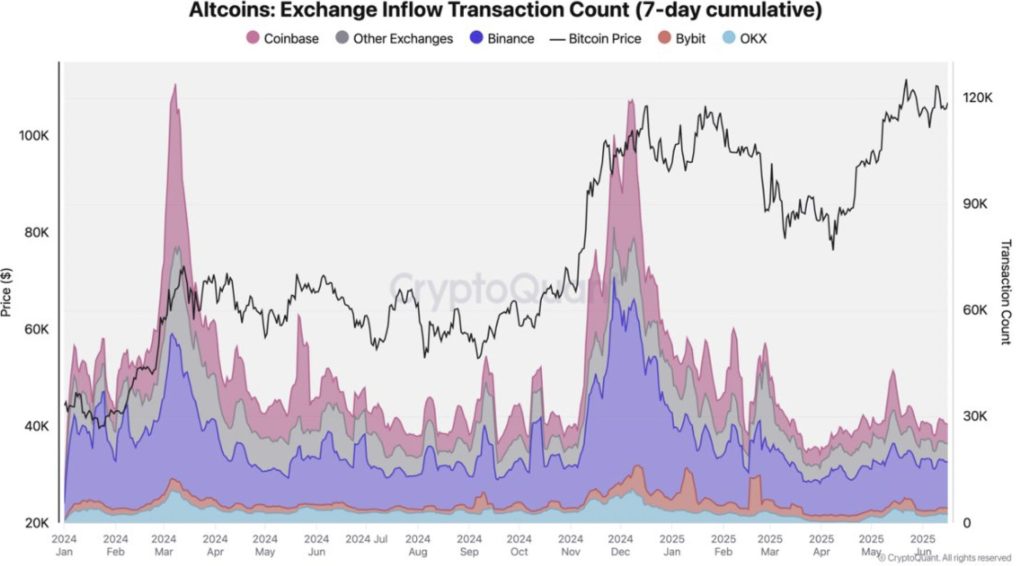Welcome to Creator Columns, where we bring expert HubSpot Creator voices to the Blogs that inspire and help you grow better.
In the early 2000s, communications professor Bob Hornik wanted to see if anti-drug ads worked.
At the time, most ads used shock and fear tactics to persuade kids.
Bob gathered data on thousands of teenagers. He tracked their exposure to anti-drug ads and their marijuana use over time.
The results?
The ads didn’t reduce drug use. They increased it. Teenagers who saw the ads were more likely to smoke marijuana.
Let’s discuss why this happened, and how you might be making a similar mistake.
The Mistake Most Marketers Make
These anti-drug ads backfired because the ads unintentionally reinforced the idea that drug use was common. Rather than making the unwanted behavior seem scarce, the ads made drug-taking seem popular.
This is called negative social proof.
People look to others to determine what’s normal. The more they hear about something, the more they assume it’s widespread.
We follow the actions of others. For example, simply reframing a menu item as “most popular” can make it 20% more popular.

The anti-drug campaigns meant to deter use were hindered by the same effect. They showed that drug use was a big enough problem to require national ads.
And by making the behavior seem commonplace, they made kids more likely to try.
Most marketers make the exact same mistake. They popularize a problem — but only make the problem worse.
All of us have seen these messages before. Wikipedia repeatedly publicizes how “fewer than 2% give”. This message is doomed to backfire. And we have the evidence to prove it.
Negative Social Proof Evidence
1. To change behavior, highlight what people should do.
Don’t highlight that negative behavior is commonplace.
For instance, at Arizona’s Petrified Forest, a sign stating that many stole wood backfired — rather than reducing theft, the sign doubled the amount of theft.
A new sign urging preservation was far more effective, more than halving the theft.

2. The UK’s largest retail bank made the same mistake.
To encourage saving, Nationwide, the UK’s largest retail bank, advertised how “11.5 million Brits have less than £100 saved”.
Rather than persuading Britsh people to save more, this advertisement encouraged them to save less.
Nationwide would have been more successful by highlighting how “15 million British adults save enough for retirement.”

3. In the UK, the NHS faces a recurring issue: missed medical appointments.
To tackle missed medical appointments, some NHS managers displayed stats on no-shows. For example: “Every week, 4,520 appointments are missed.”
This message seems rational, surely aiming to persuade patients to come in on time.
But research found this backfires. Seeing high numbers normalizes behavior.
A simple shift solved it. New signs emphasized that “most patients arrive on time”. No-shows dropped significantly.

To persuade someone, don’t make the opposite action seem commonplace. To encourage a customer to buy, don’t say that most haven’t bought yet. To persuade an event attendee to show up, don’t say, “many of you haven’t registered.” To motivate a YouTube viewer to subscribe, never say only 2% of viewers subscribe.
And, to make you share this blog with a friend, I shouldn’t tell you that only 1 in 1,000 readers share my blogs.
Instead, I’ll finish by letting you know that more readers than ever before are posting my work on socials, and I’m extremely grateful to all of them.
This blog is part of Phill Agnew’s Marketing Cheat Sheet series where he reveals scientifically proven tips to help you improve your marketing. To learn more, listen to his podcast, Nudge, a proud HubSpot Podcast Network member.
Credit: Source link











